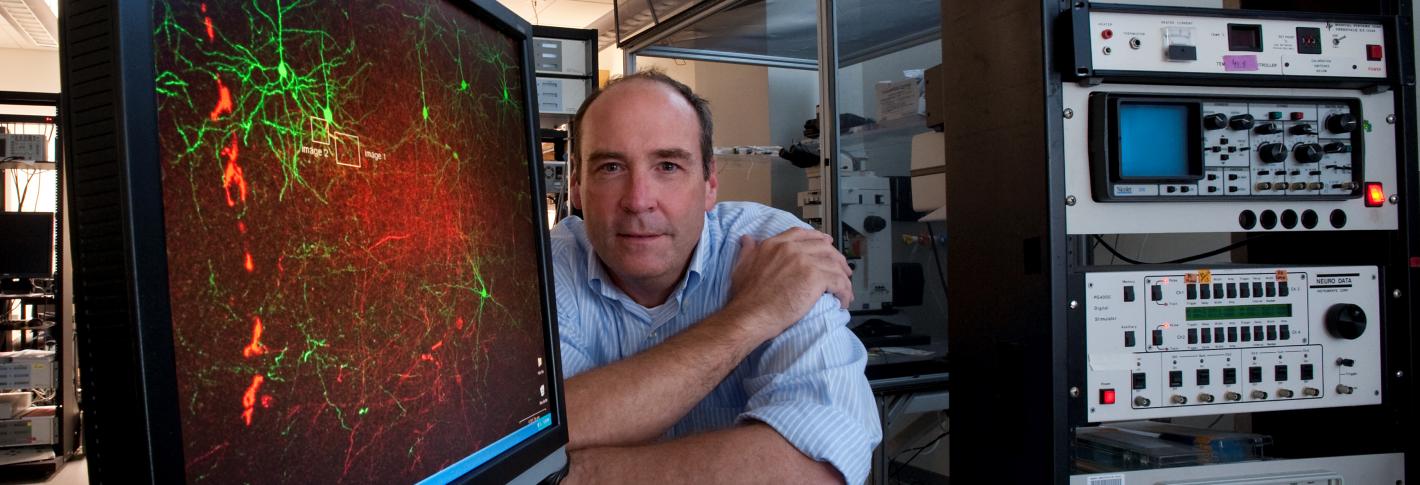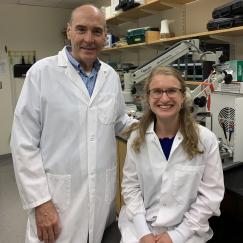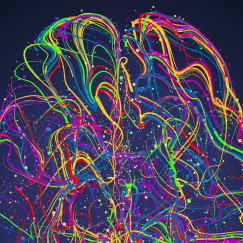In work spanning several decades, Bear’s laboratory discovered many of the fundamental principles and mechanisms of synaptic plasticity in the cerebral cortex, which is the way the brain adjusts to sensory experience or deprivation. Through this research, they uncovered the synaptic basis of amblyopia, a severe visual impairment caused by poor quality vision during infancy and early childhood. Their work overturned the dogma that the loss of vision in amblyopia is a simple case of “use it or lose it.” Instead, their findings indicate that vision loss is actively triggered by neural activity originating in the affected eye. This activity causes synapses carrying information from the eye to weaken in visual cortex by a synaptic plasticity process called long-term depression. They have shown that long-term depression can be reversed under appropriate circumstances in animal models, raising hope for development of new approaches to cure amblyopia, even in adults.
“It’s an honor to be able to recognize Dr. Bear for his exceptional work in understanding the neural effects of sensory deprivation,” explained Dr. Anne Hultgren, Beckman Foundation’s Executive Director. “Dr. Bear’s work is an excellent example of how fundamental discoveries can directly lead to novel treatment possibilities for patients with conditions once thought incurable.”






